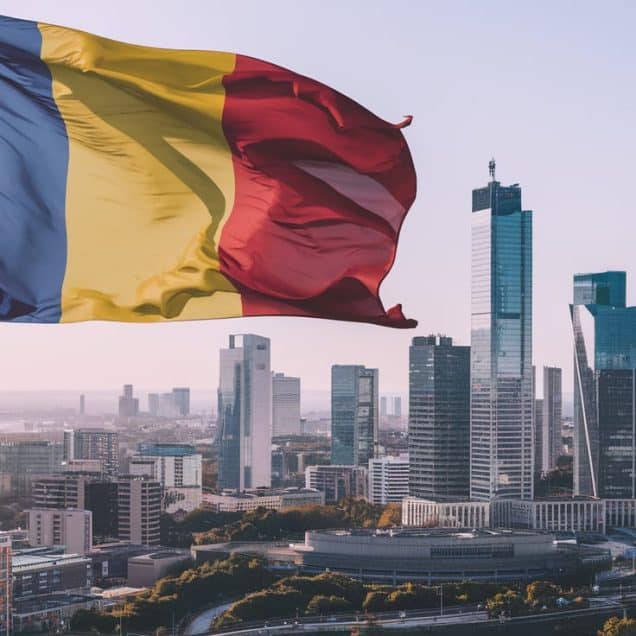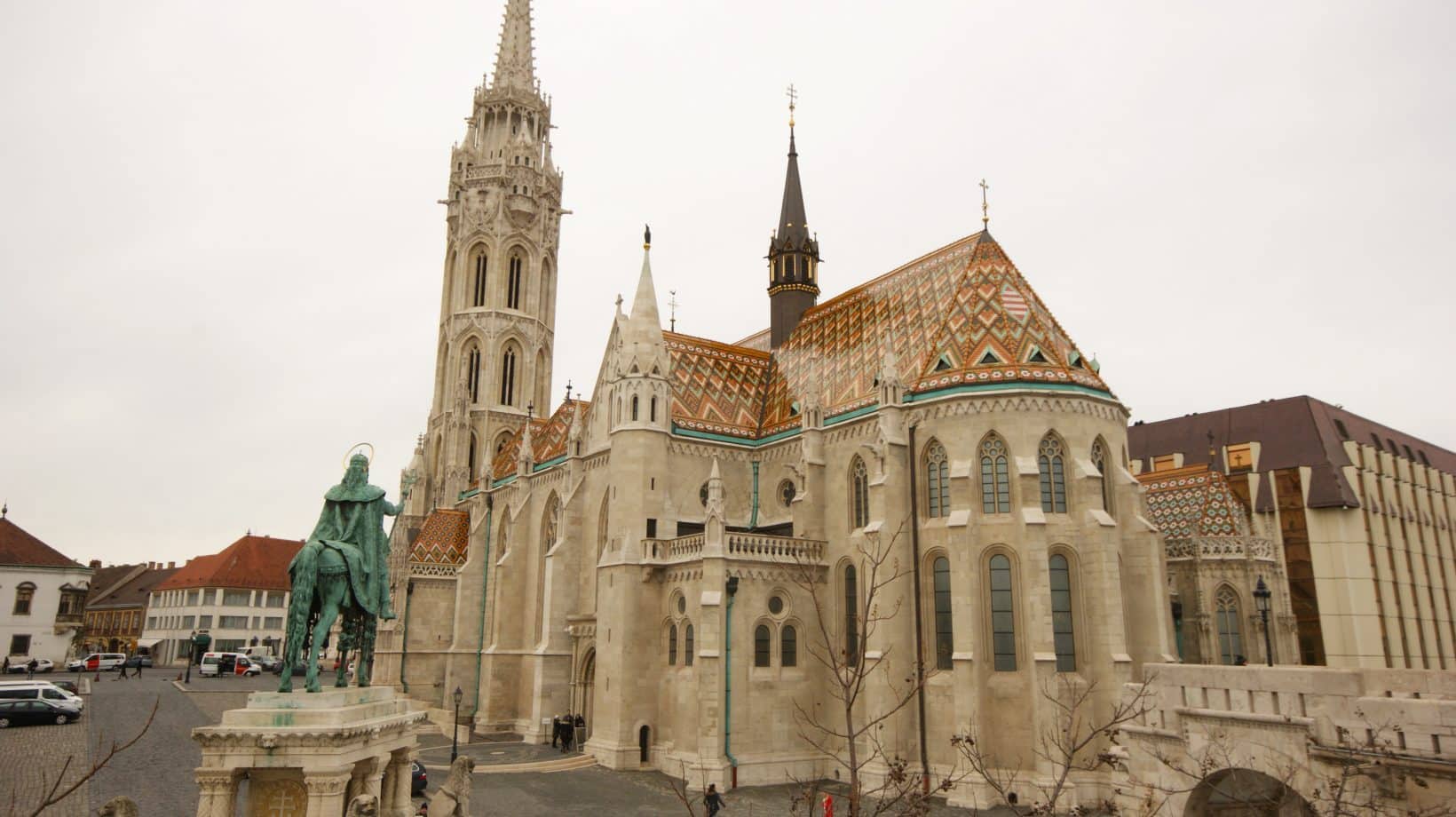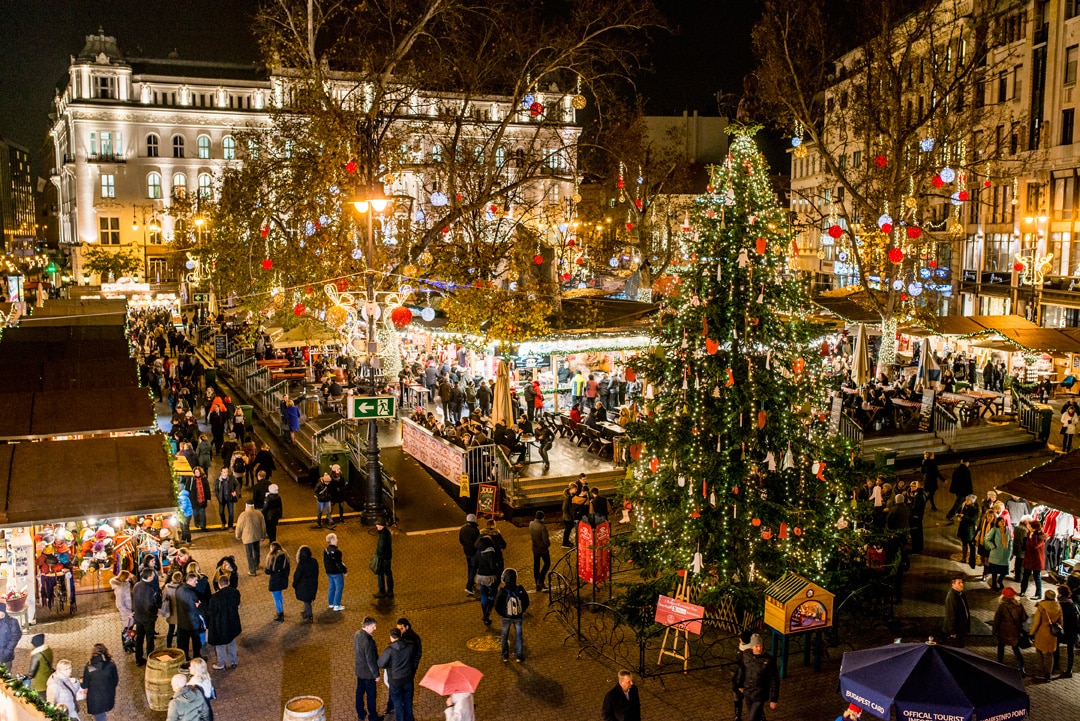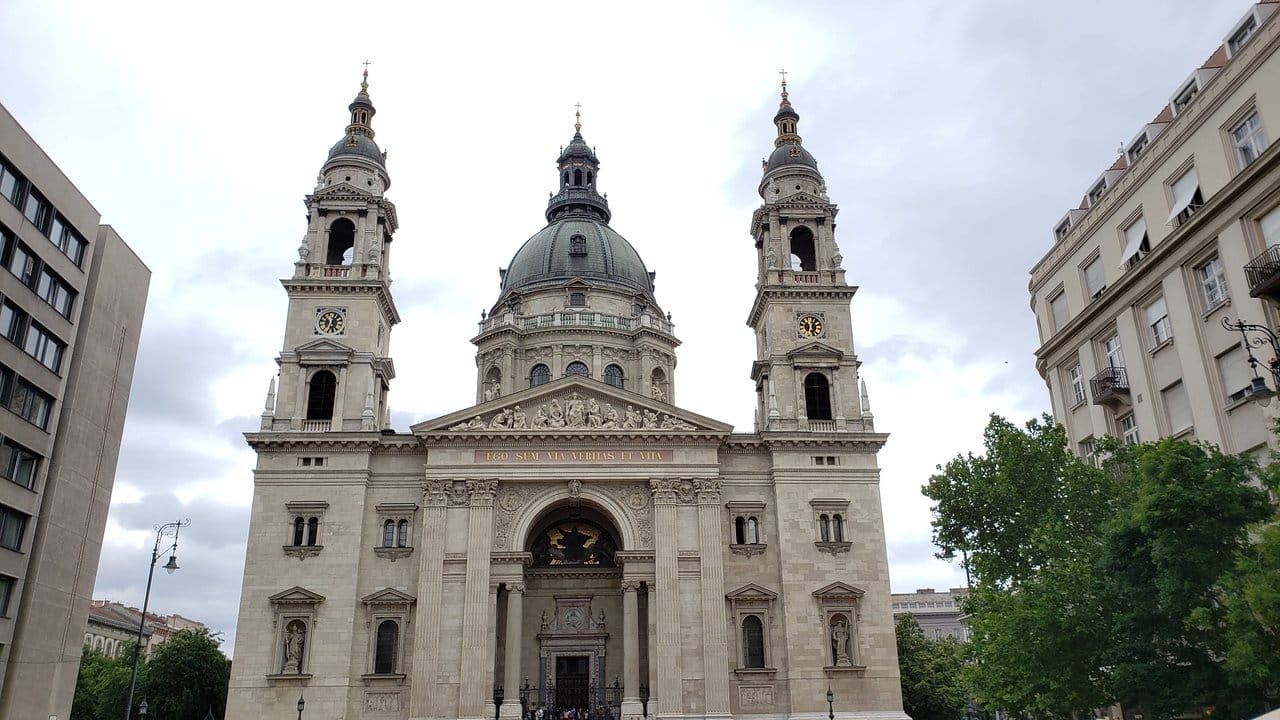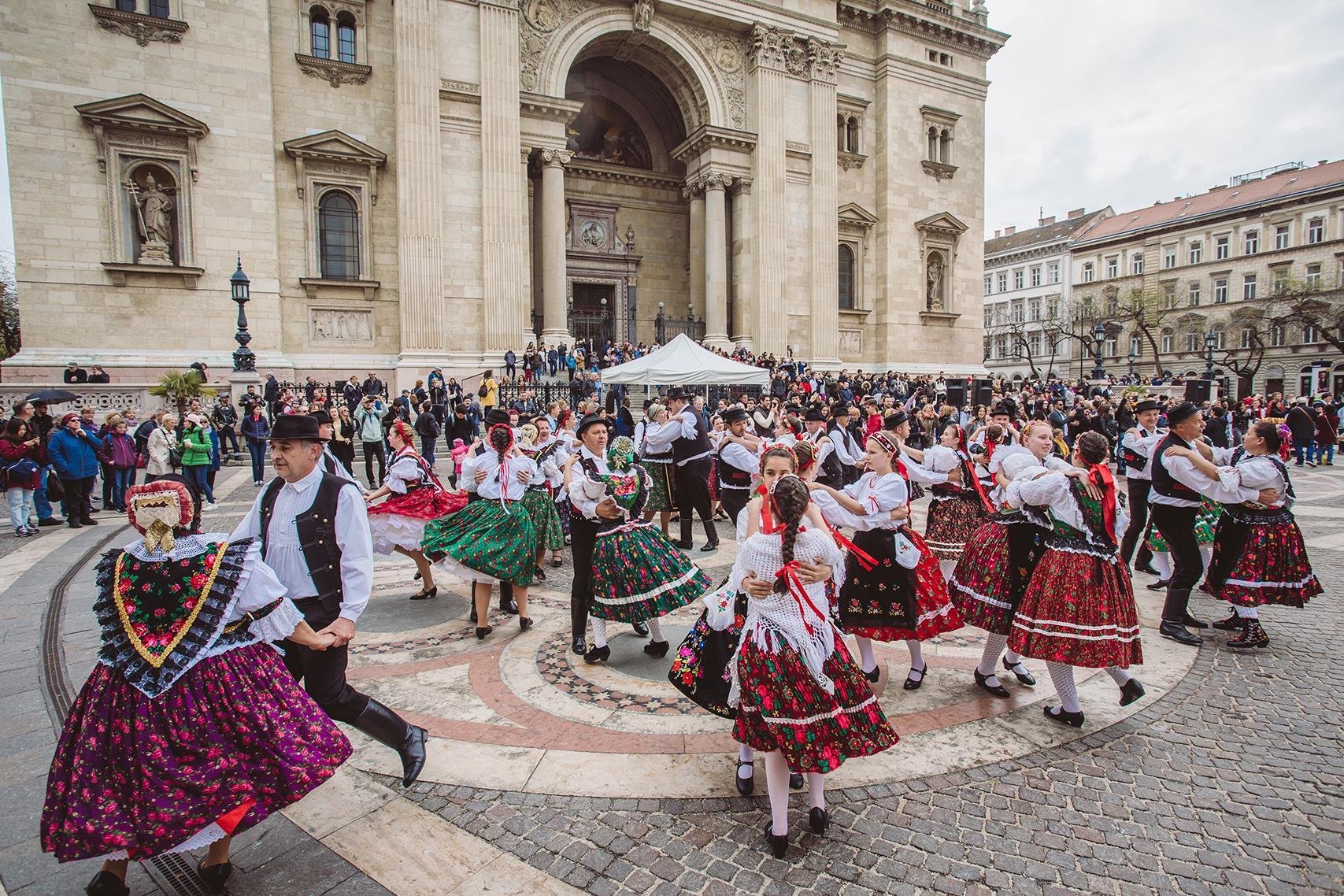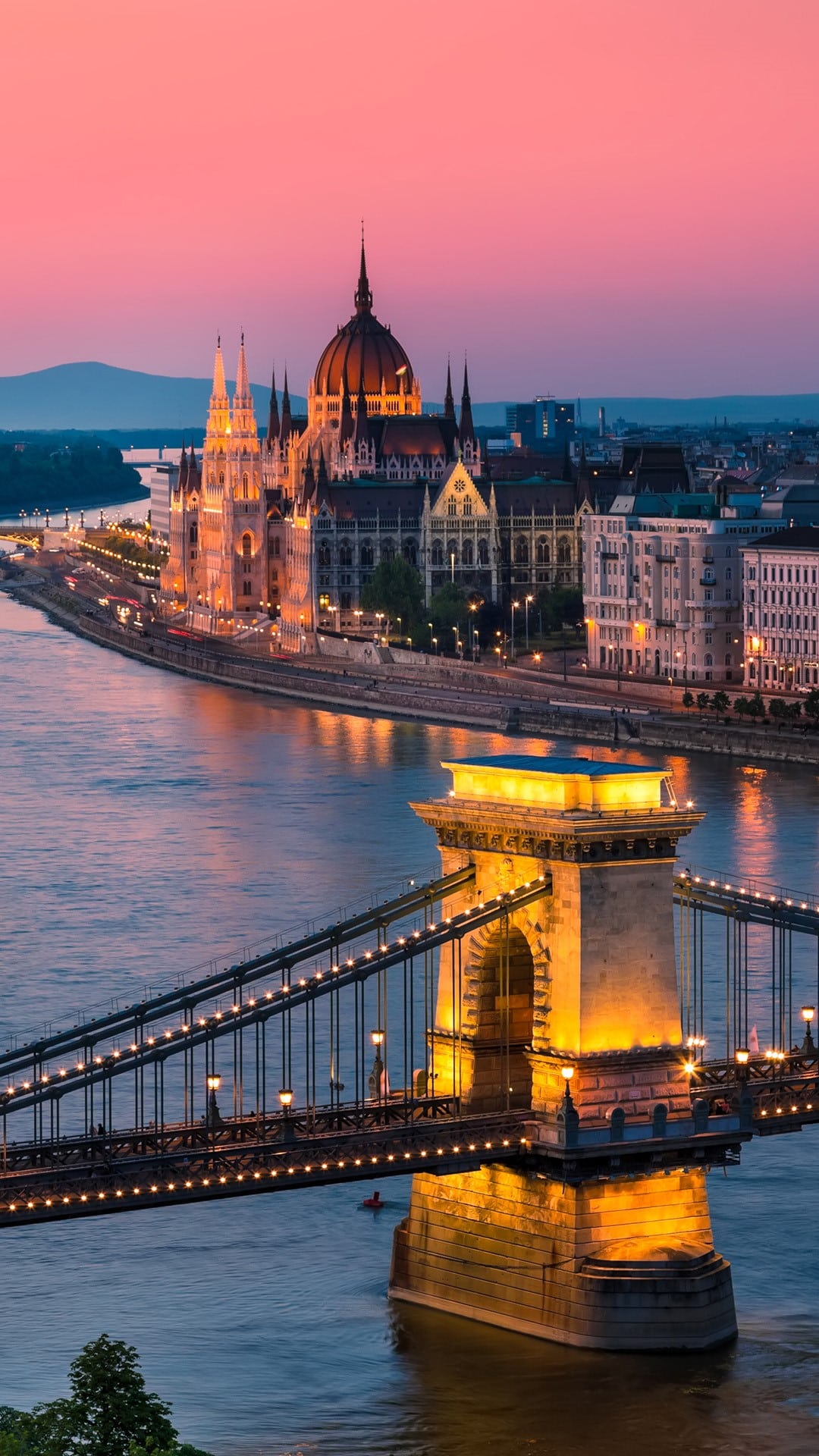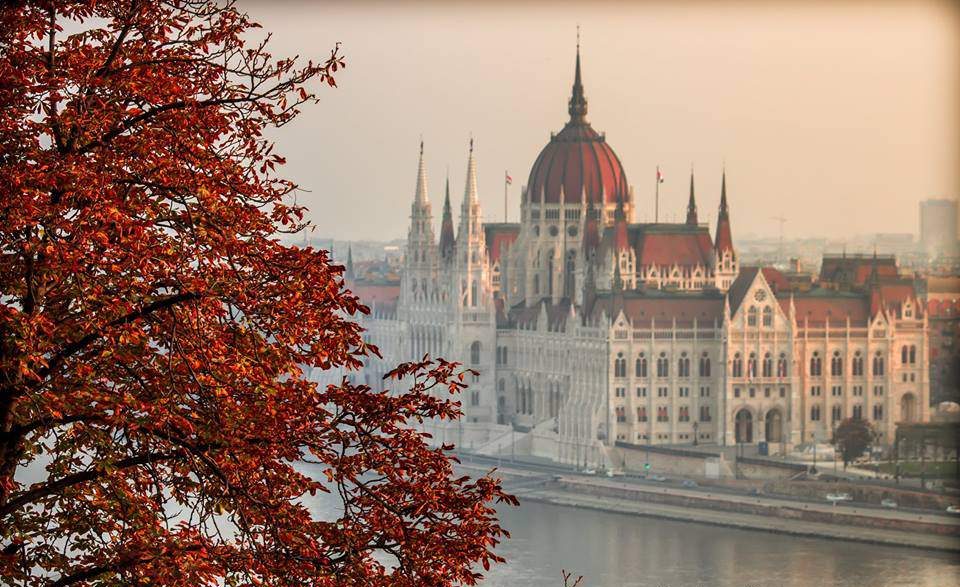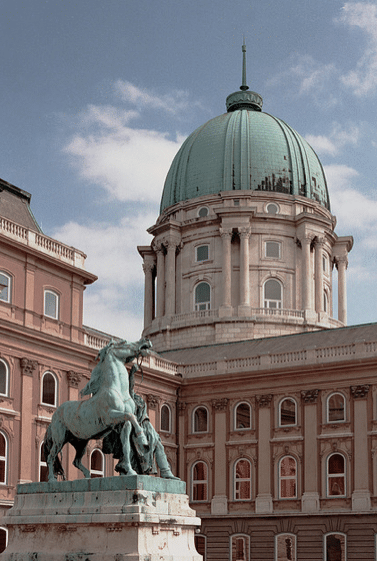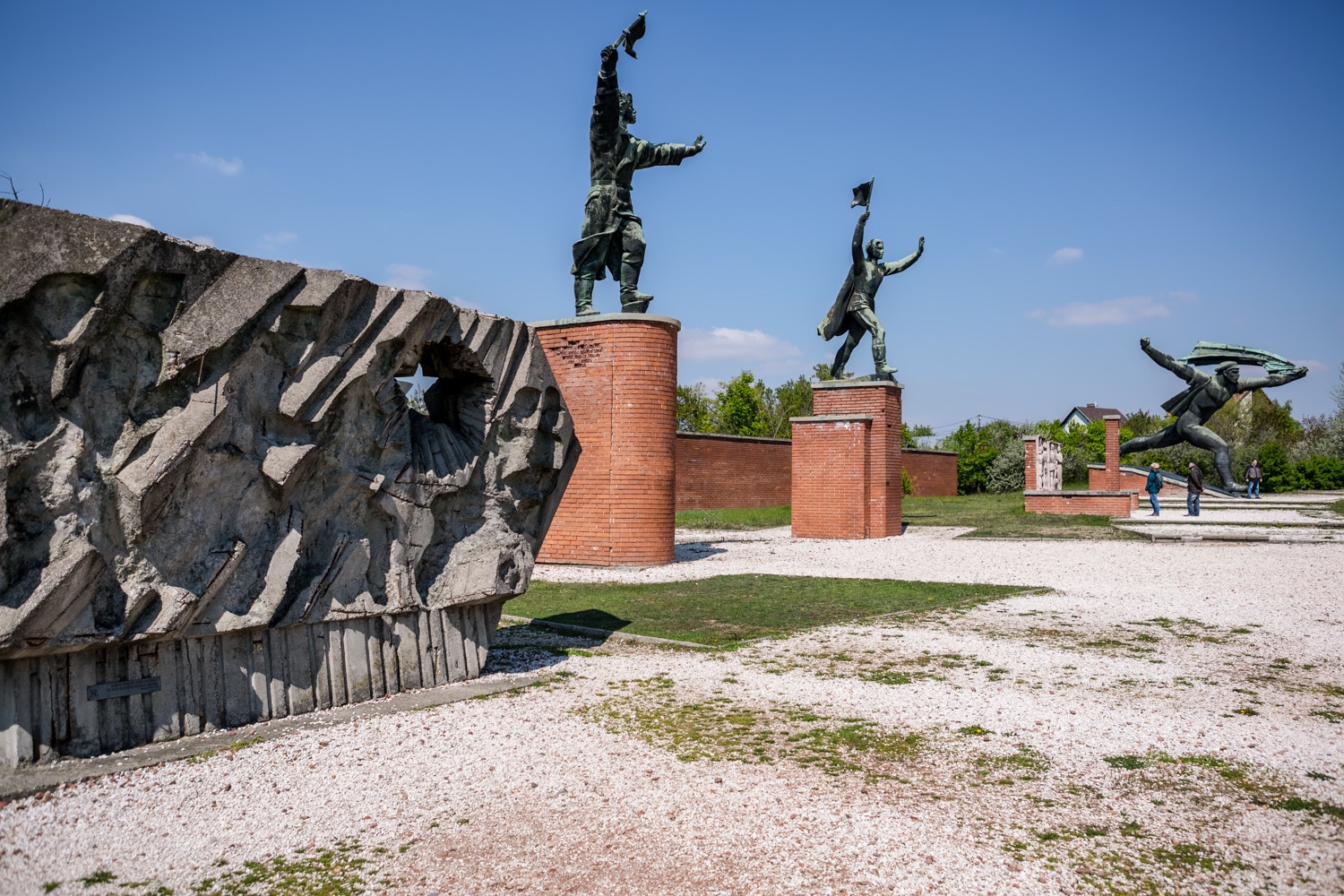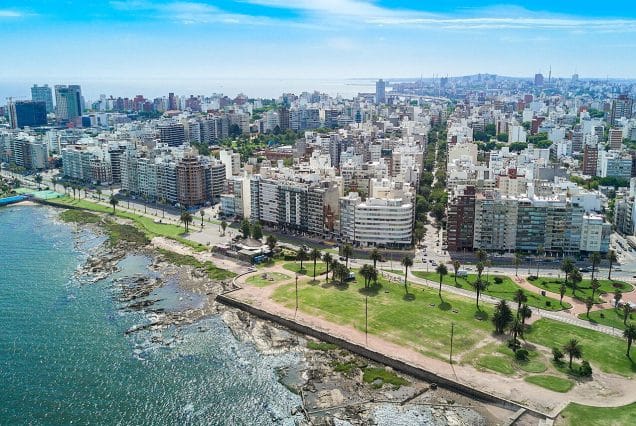

Discover Hungary
Sights
Map
Info
Hungary is a country in Central Europe, known for its rich cultural heritage, historical landmarks, and natural beauty. When planning your trip, it’s helpful to be informed about visa and passport requirements, transportation and accommodation options, and dining and cultural practices. Additionally, practical tips about the local cuisine, shopping opportunities, and language barriers can help you make the most of your visit.
Visa and Passport Requirements
Schengen Visa: Hungary is part of the Schengen Area, so most visitors will need a Schengen visa for entry.
Passport Validity: Your passport should be valid for at least six months beyond your visa’s expiration date.
Visa-Free Travel: Non-EU citizens can usually stay visa-free for up to 90 days, depending on their nationality.
Transportation
Public Transport: Budapest and other major cities have well-developed metro, tram, and bus networks.
Trains and Buses: Trains and buses are widely used for intercity travel; they are affordable and comfortable.
Car Rentals: Renting a car is a good option for exploring rural areas and small towns; traffic drives on the right.
Accommodation
Hotels: Hungary offers a wide range of hotels to suit any budget, from luxury options in major cities to more affordable accommodations.
Boutique Hotels and Hostels: Affordable boutique hotels and hostels are popular, especially among younger travelers.
Rental Apartments: Rental apartments are popular for longer stays, offering more freedom and flexibility.
Dining
Local Dishes: Hungarian cuisine is famous for its hearty dishes like goulash, langos, and the liberal use of paprika, which can be enjoyed in local restaurants.
Cafés: Budapest’s cafés are great places to experience local flavors and the international coffee culture.
Street Food: Street vendors, particularly in Budapest, offer affordable and delicious local snacks.
Cultural Considerations
Hospitality: Hungarians are generally very hospitable and place great importance on politeness in social interactions.
Religious Sensitivity: Hungary has a strong Catholic tradition, so being respectful during religious holidays and church visits is important.
Tipping: Tipping in restaurants and taxis is customary, usually around 10% of the bill.
Language
Hungarian: The official language is Hungarian; while English is widely spoken in major cities, you might encounter language barriers in rural areas.
Translation Apps: Using translation apps or learning a few basic Hungarian phrases can help bridge the language gap.
Technology and Communication
Wi-Fi Access: Wi-Fi is widely available in Hungary, with most cafés, restaurants, and hotels offering it for free.
Mobile Operators: Local SIM cards are easily available with affordable data plans, making communication cost-effective.
Shopping and Payment
Credit Cards: Credit cards are widely accepted in large cities, though small businesses may prefer cash.
Shopping Centers: Budapest and other major cities have modern shopping malls.
Bargaining: Bargaining is common and expected in traditional markets and street stalls.

